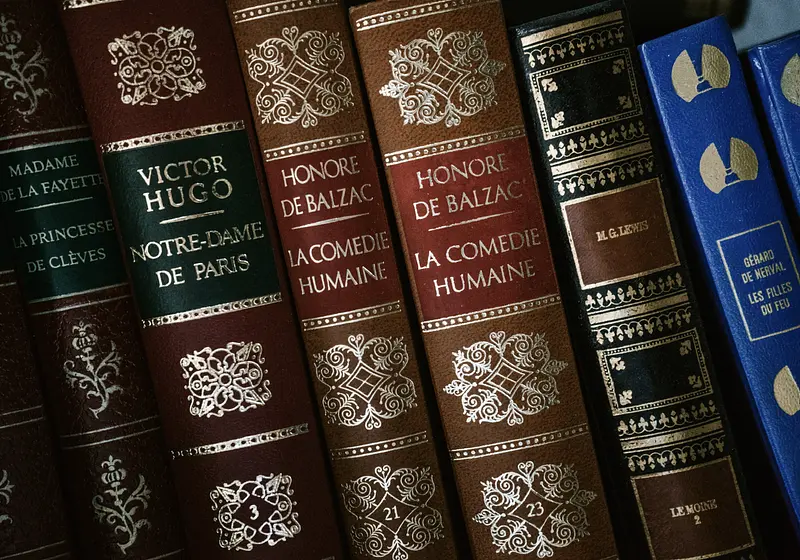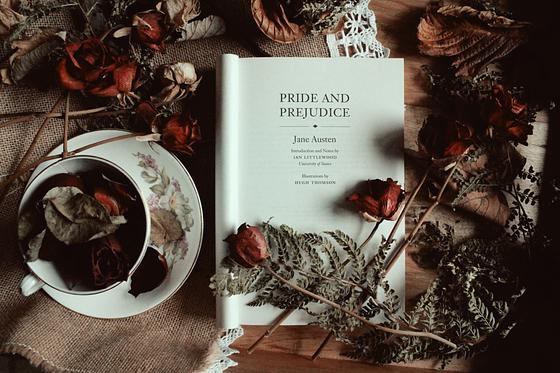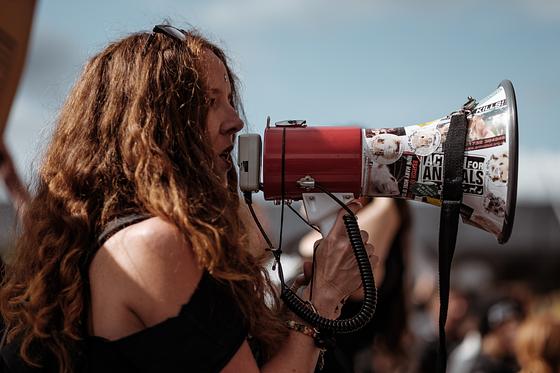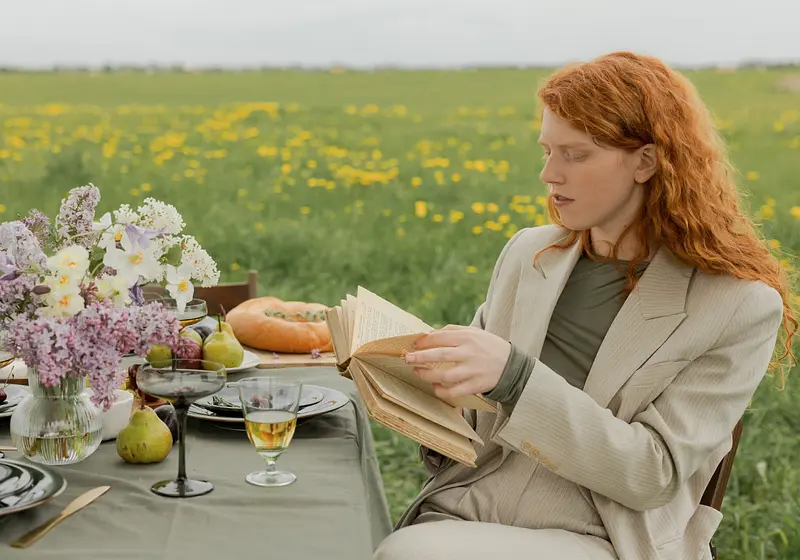I’m sure we’ve all heard of Pride and Prejudice, Moby [censored], and The Old Man and the Sea. Maybe you’ve read them too. They are examples of “classic literature”, books from history that are considered to have timeless literary merit and social value.
And in most cases, we don’t read these books because we are so intrigued by the content; instead, we read them because we had to for school, and society tells us that we “should” read them in order to be a smart and educated individual. I’m sure there is a classic that you barely suffered through at school and had to look up chapter summaries on SparkNotes. But do the classics, mostly written by dead white men, still hold up to their reputation as substantial pieces of literature for the 21st century? This is a complex question, but I believe the classics do hold up to their prestige. And examining them closely in school settings in this day and age is uniquely worthwhile.
Helps us better understand the world we live in.
The classics make historical dates and hard facts come to life with their elaborate stories and vivid cast of characters. The people and places in these books are not literally real, but they represent the realities of countless people during the period the books were written. Reading the classics allows us to understand the societal norms and values across history on a deep, personal level.
In many cases, the classics are significant because they expose the social turmoils that characterize a time period. The novels of Charles Dickens, for example, highlight the economic challenges of 19th century England and the spiritual degradation of the citizens as a result of the rigidity of society. In The Importance of Being Earnest, Oscar Wilde criticizes the Victorian era traditions and excessive formalities that exist to uphold class differences.
The pioneering Modernist novel Mrs. Dalloway centers around a woman in her 50s, protesting against the patriarchal society who has often viewed older women as mere possessions of their husbands without an identity. In the novel, Woolf additionally sheds light on the experience of a soldier with PTSD, unveiling the trauma experienced by somebody who has witnessed so much terror. Hence, classic literature offer examples of how writers have attempted to challenge the social confines of their age in order to push society towards betterment.
Represents a diversity of experiences
While it is true that the idea of “the Classics” is associated with elitism, these books do not only deal with the wealthy upper class — they contain a diverse range of characters with different backgrounds and experiences. As readers, we do not have to be in the exact same position as the character to feel connected to them. The skillfully crafted characters, story lines, and writing in classic novels allow readers to immerse themselves in different people in different worlds.
The Catcher In the Rye by J.D. Salinger, for instance, is an excellent representation of the struggles of teenagers. This story centers around a rebellious, egocentric, and callous teenager who is failing at school, struggles to maintain interpersonal relationships, and seems not to find a purpose to his life.
Instead of glorifying the teenage experience, the author exposes the imperfect realities of it, allowing young readers to feel seen and older readers to empathize with teens. The modern classic Their Eyes Were Watching God by Zora Neale Hurston chronicles the life of a black woman in the south and her struggles with womanhood, marriage, making a living, and finding fulfillment in life. This novel amplifies the perspective of somebody who has been marginalized in American history, allowing the reader to see the protagonist and black women in America during this time period with humanity and empathy.
Contains valuable life lessons
The classics remain relevant today because the themes they address are perennial — How should we live our lives? What does it mean to be a good person? Through the adventures of fictional characters, the readers are prompted to reflect on their own values and actions.
Whether you love or hate Shakespeare, there are reasons why his works remain unprecedented in literature. Shakespeare’s Macbeth, a play written around 500 years ago, remains one of the greatest works of literature because of the lesson it warns the readers. In the play, Macbeth and Lady Macbeth, driven by the desire for power, murder King Duncan so that Macbeth can succeed to the throne.
From there begins a story of unending crime and hunger for power. This tale is of how easily human nature falls prey to power and greed, and that we must act according to our values because we can never escape the consequences of our actions. Another work that wrestles with the complexities of human nature is Lord of the Flies by William Golding. This seemingly innocent story that is in the beginning about a few boys trying to survive on an island grows horrid as it goes on, and is an urgent admonition of the potentiality of human selfishness. These stories are examples why the classics remain crucial in understanding the sociopolitical dynamics of our age.
Illuminates Social Issues
The major issue with the classics has to do with the way they have been perceived by society. They are not meant to be infallible. Most of the canonical literature is written by white men because a significant part of the culture of the English-speaking, Western world has been shaped by white men.
Unfortunately, there are many instances of sexism and racism in the works they produced. But in order to understand the history and culture of the west, the classics remain necessary sources that need to be examined. If one were to try to find a “perfect” piece of classic literature, judging by contemporary standards, there would be no books left to read.
Recently, after years of ignoring problematic aspects of classic literature, we as a society have finally grown more aware of instances of sexism or racism in social media, films and TV shows, and literature. Our impulse, to rectify our ignorance, is to cancel them entirely. In reality, society constantly functions under a mode of challenging ideas in the past.
And so, inevitably, we will find things that are wrong with books produced hundreds or years ago or decades ago. Most likely, readers a century later will point out issues in our contemporary books. Does that make all of our contemporary books “bad literature”?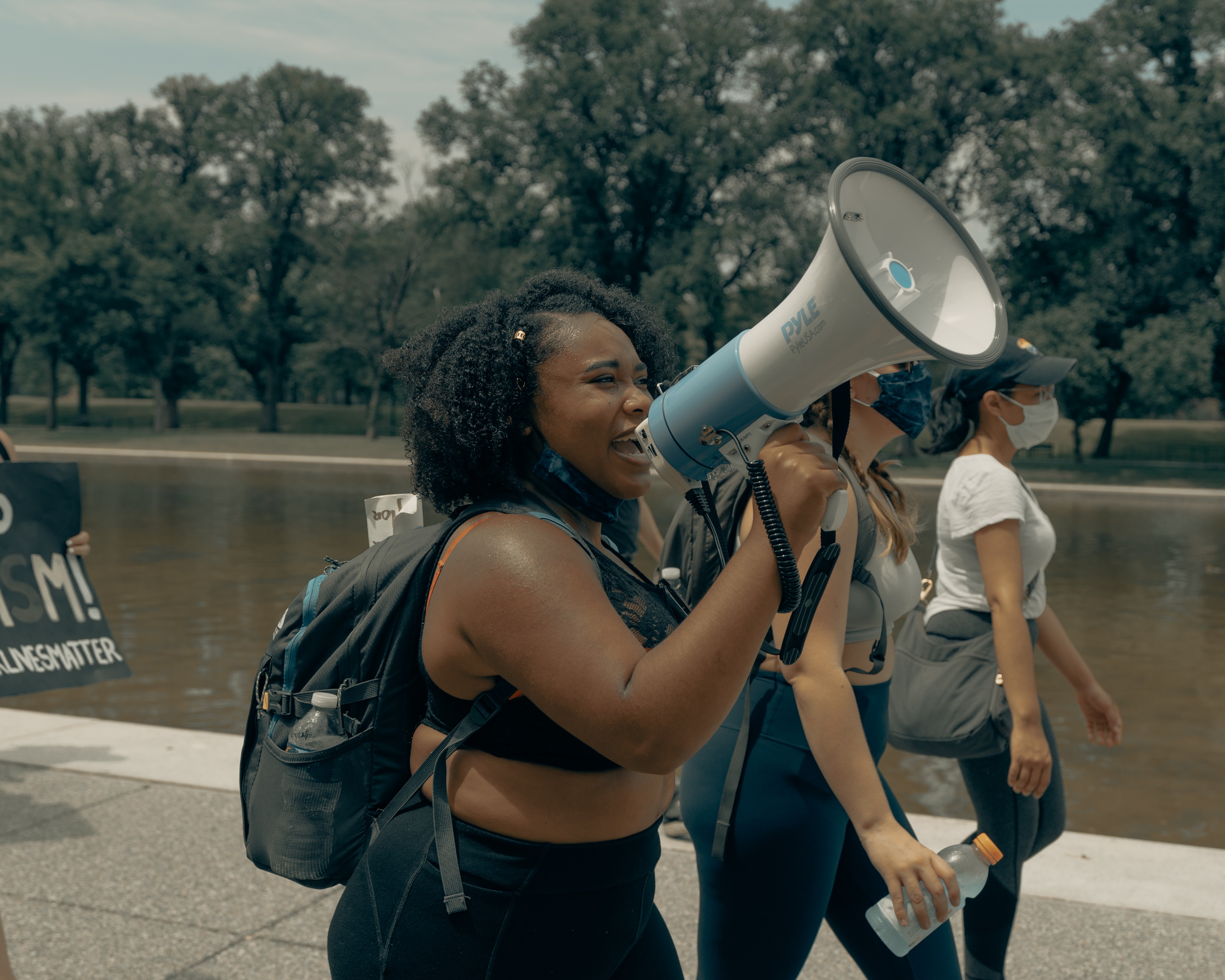
Our approach to literature should not be an “all or nothing” mentality. The job of us as readers and learners in school is to critically dissect them — find things that are good about them and challenge the ways that they are bad. There is value in the act of actively noting potential examples of misogyny, Eurocentrism, racism, etc, and critically examining what it reflects about that time period in history, while allowing room for questioning, debates, and ambiguity.
What are the connotations that make a certain depiction harmful? Is conforming to certain aspects of a stereotype necessarily bad? How could something be interpreted in multiple ways? These are all questions worth discussing in a school setting when trying to dissect a classic novel. Understanding the past allows readers to reflect on how our society has progressed, or the ways in which it has remained the same, thus demonstrating the urgency for change.
When can the classics be harmful?
In many cases, the depictions of women, people of color, people of the lower class, disabled people, and so many others in classic literature could be particularly harmful, with scenes that include slurs, dehumanizing language, and graphic scenes of abuse. Writings like this can cause immense emotional impacts, especially if not approached carefully. Often, students from underprivileged groups are forced to read classic novels in schools without being told what they would encounter.
They would then be called out during class discussions to share their opinion when they are clearly uncomfortable, or have their feelings dismissed by their teachers. Actions like these perpetuate privileges held by dominant groups, and continue to silence those who are harmed.
Hence, it is crucially important for teachers to choose texts carefully and be educated on what they are teaching their students. In order for discussions around potentially triggering topics to be effective, they must approach sensitive topics with care, and always listen to those who might be harmed by the text.
Reading the Classics and Diverse Literature are not mutually exclusive.
But, you may ask, what about diverse literature that is not written by dead white men? Aren't these more timely books we should be reading in schools instead? And the answer is — of course, we should read books written by diverse authors in addition to the classics.
There are countless works of modern and contemporary literature that contain excellent characters, storylines, and writing, and shed light on pressing issues of the world today. During my time in high school, we had engaging conversations about books like Such a Fun Age by Kiley Reid, Circe by Madeleine Miller, as well as traditional classics.
Additionally, as the western world grows more inclusive of diverse cultures, our definition of “the classics” has shifted as well to include translated classic literature from Asia, Latin America, Africa, etc. Works of American literature by people of color, such as writers from the Harlem Renaissance, formerly thought of as less “high-cultured”, are now considered valuable classics.
Readers are therefore able to appreciate cultures across continents and time periods while slowly removing the ingrained idea that “the west” equals “high culture”. There are no definitive answers and clear solutions, but having more discussions with a wide range of voices on the topic of classic literature gives us a start.





